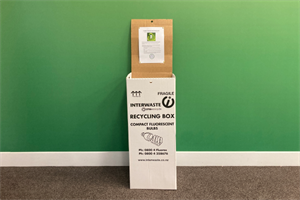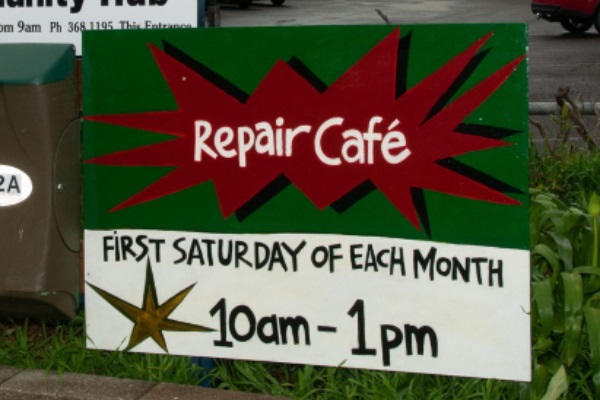E-waste (electronic waste items such as televisions, computers, printers, cameras, batteries, and phones) is the fastest-growing type of waste.
It’s among the most toxic to the environment and people’s health if it’s not disposed of properly. E-waste contains valuable elements, such as copper and gold, which can be re-used.
80,000 tonnes of e-waste end up in New Zealand’s landfills every year.
 As lithium-ion batteries power more and more of our electronics, they are ending up in our recycling bins, and recycling plants are battling hundreds of battery-caused blazes.
As lithium-ion batteries power more and more of our electronics, they are ending up in our recycling bins, and recycling plants are battling hundreds of battery-caused blazes.
A lithium-ion battery in a singing greeting card or discarded e-cigarette pen is enough to spark a flame.
The photo on the right is of a fire in one of our recycling trucks, was caused by a lithium-ion battery being disposed of incorrectly in a kerbside recycling bin.
Most household batteries can be recycled for free at the Foxton Waste Transfer Station. Portable rechargeable batteries (eg nickel cadmium and power tool batteries) can be safely disposed of at the privately owned and operated Levin Waste Transfer Station). All other E-waste can be taken into the Foxton Waste Transfer Station.
Drop off your broken or unwanted cell phones at:
- Resene ColorShop (94 Cambridge Street, Levin),
- the Foxton Resource Recovery Park, where they will be sent to RE:Mobile recyclers.
This programme has saved 548,000 phones, 98.2 tonnes, from landfills.

There is a free CFL collection box in the Horowhenua District Council building, and one at the Foxton Transfer Station.
Fluorescent lamps contain mercury, a highly toxic waste, which, if disposed of irresponsibly can pollute waterways and damage the environment. Council has sponsored a collection by Interwaste, is the only company in New Zealand offering a zero-to-landfill 100% recycling service for all forms of mercury lamps.
Where do my bulbs go?
- Aluminium from tube ends is recycled into cast products such as ingot used for foundry application.
- Glass from lamps are separated and recycled into the glass wool used to insulate homes.
- Mercury is distilled from separated powders and then re-used in the manufacture of dental amalgam.
- Phosphor powder from the tubes is used for the manufacture of fertiliser products and sold to New Zealand and Australian agriculture industries.

Don't toss it - FIX IT!
Save costs, reduce waste, reuse, and learn new skills. Bring along any small broken or damaged item that can be fixed.
The Repair Café is held on the scecond Saturday of each month at 1 Montgomery Street, Levin. Find out more about the Repair Café on their Facebook page.
You're encouraged to bring along children’s bikes, scooters, skateboards, and toys, along with any household and garden items, including:
- electrical items
- jewellery
- leather goods
- small items of furniture
- broken ornaments and tools
- clothing: re-sewing hems, replacing buttons, mending tears, darning, and mending knitwear
- computers, and devices etc.
Event Listing - Monthly Repair Café